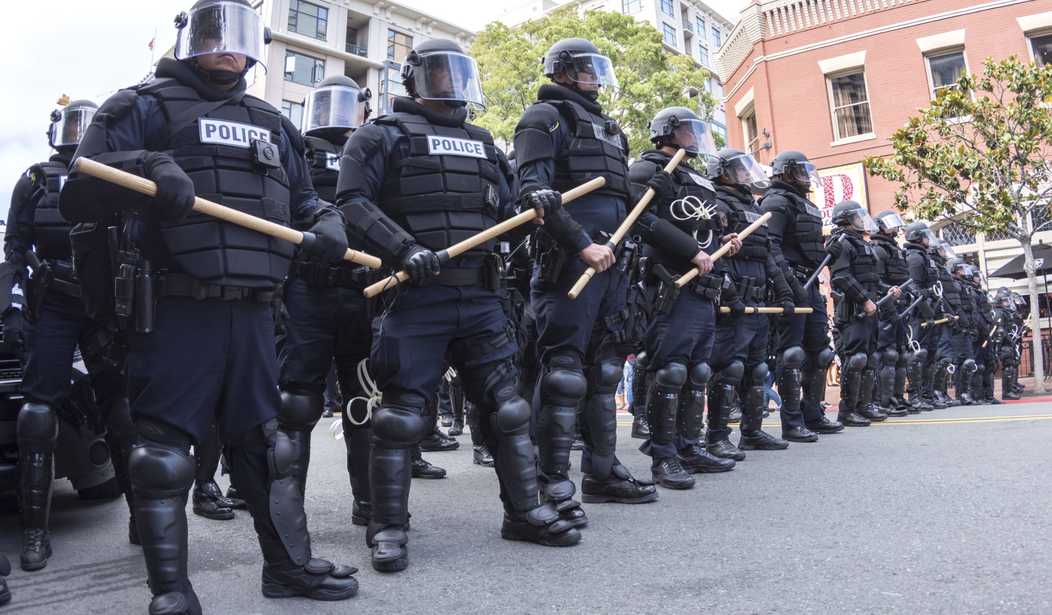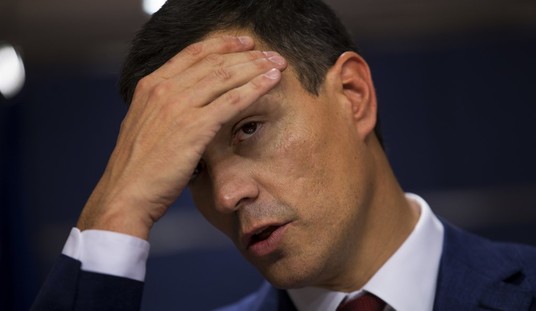Law enforcement in Cleveland is preparing for the July RNC convention by deploying roving videographers to record interactions between the police and public. Law enforcement officials are expecting thousands of protestors.
Although officers are equipped with individual body cameras, Deputy Chief Wayne Drummond said newly purchased riot gear intended to outfit up to 2,000 officers will not accommodate recording equipment. While Drummond hoped that there would be no need to deploy the body-armored units, he said the mobile video units would fill the “unforeseen’’ gap in video surveillance created in part by the uniform glitch.
“We feel comfortable that we will capture the interactions’’ between police officers and the public, Drummond said.
The Department of Justice has an independent monitor overseeing the Cleveland police department after a DOJ investigation found a pattern of policing abuses by the department. The videographers will follow the police “arrest teams” in case the protests get out of hand.
At least 80 groups or individuals have applied for demonstration permits during the run of the convention, promising the involvement of thousands of protesters. One of the largest groups, Organize! Ohio, expects to draw up to 5,000, as part of a planned anti-poverty demonstration. The city has yet to rule on any of the applications.
Civil rights activists are concerned about the mobile camera units. “Mobile camera units provide officers a discretion (to capture certain images or encounters) that body cameras do not,” Cleveland ACLU spokesman Stephen David said. “Body cameras, when they are deployed properly, take the discretionary element out of it. There also is a degree of immediacy that is lost if you are deploying units to an event, rather than having officers equipped to record the event as it happens.”
The NAACP also weighed in with some objections. Cleveland NAACP President Michael Nelson said the mobile units would not be sufficient.
“We are under a consent decree (mandating police reforms), and there are 2,000 sets of riot gear that are not adaptable to cameras?” Nelson said.
The Cleveland police are considering some sort of legal action to force body cameras on the riot suits.
“This is a huge concern to us,” said Stephen Loomis, president of the Cleveland Police Patrolmen’s Association, whose group was formed in the aftermath of deadly rioting in 1968. “At a time when you need body cameras the most, they are not going to be available. You can’t expect four guys (videographers) to be able to capture what’s going on if you have lines of (riot) officers confronting hundreds or possibly thousands of protesters at different places around the city. This is not acceptable.”
Body cameras and surveillance protect both the public and the law enforcement teams. Studies have shown that the presence of body cameras can discourage people from engaging in violent, unlawful behavior.









Join the conversation as a VIP Member